BBC Proms 2024: Prom 17 – Vasily Petrenko conducts Tchaikovsky
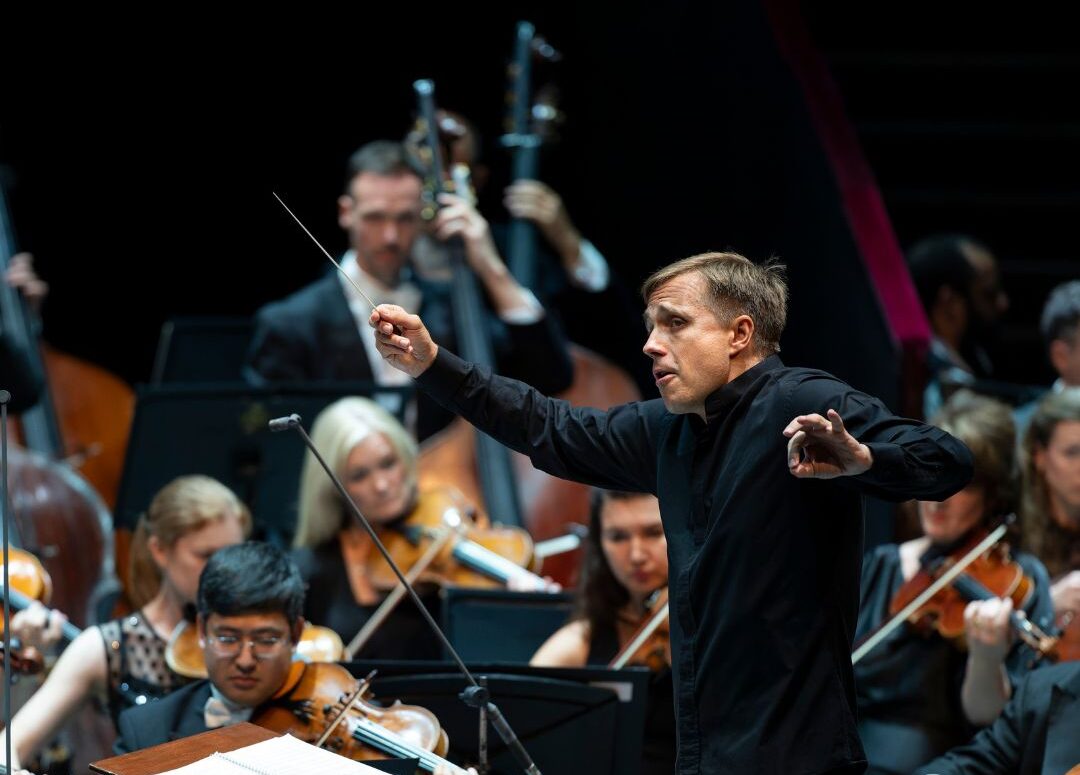
The Royal Philharmonic Orchestra brings a varied and dazzling programme of contrasting colours to the BBC Proms. The first half is American-inspired, with Charles Ives’s enigmatic Three Places in New England, followed by Ravel’s raucous Piano Concerto in G Major with soloist Denis Kozhukin.
Conductor Vasily Petrenko coaxes a whispering piano out of the strings to commence the eerie “St Gaudens” in Boston Common, which evokes a memorial commemorating those killed in the first African-American unit of soldiers in the Civil War. The woodwind brings haunting solos to the forefront before the movement swells into a poignant climax. The second movement bites into action with a jaunty attack from percussion and brass, portraying rowdy 4th July celebrations. The orchestra is dancing with energy, which sets the tone for the rest of the evening. Soaring cor anglais characterises the dreamy final movement, which melts back into a hazy slow tempo, conveying the Housatonic river at Stockbridge, where Ives recalls a walk with his wife, where “the mist had not entirely left the river bed, and the colours, the running water, the banks and the elm trees are always something that one would remember.”
Ravel’s G major Piano Concerto brings an eclectic mix of styles, including luscious orchestral colours, jazz-inspired harmonies, Spanish-inspired phrases and 18th-century poise. Characterful, rhythmically complex woodwind and brass solos interplay with the playful piano lines of the first movement, and the virtuosity of the orchestra’s key players is brought into shiny realisation. Petrenko is in his element, embodying the energetic quirky fun that the composer must have intended. The slow movement’s melody is played with breathtaking simplicity by Kozhukin, in an unusually intimate moment at the Royal Albert Hall. Katherine Lacy, John Roberts and Emer McDonough pass high melodies of heartbreakingly pure expression through clarinet, oboe and flute. Later, Patrick Flanaghan’s substantial cor anglais solo is painted with generously thick legato, with unending breath control supporting Ravel’s meandering lines. The final movement vanishes in a brief flourish, and Kozhukin brings clean technique with cartoonish expression, which he said in an interview was inspired by Disney’s Fantasia.
After the interval, Debussy’s Nocturnes introduces the transcendent upper voices of the Philharmonia Chorus, as Sirènes. Debussy was informed by the visual arts for the work, particularly a series by the Paris-based American artist James McNeill Whistler, who focused on individual colours and subdued tones. The audience are reminded of the subtle expression of the string section, supported by sparkling harp and celeste, and transported generously to a world of cloudy skies, rhythmic waves and a jubilant festival celebration in the three movements.
Tchaikovsky’s Francesca da Rimini is an unexpected but powerful conclusion, as the audience are plunged into the depths of Dante’s Inferno. After the delicate, elusive colours of Debussy, the weighty drop into Tchaikovsky’s hell and love-inspired strident string unison passages and impassioned percussion feel intense and satisfying. The intensity of musical communication from Petrenko and the RPO is never in question, bringing an evening of varied, deeply evocative music to a glorious and focused conclusion.
Ellen Wilkinson
Photo: Courtesy of RPO / BBC Proms
For further information and future events visit Royal Philharmonic Orchestra’s website here.

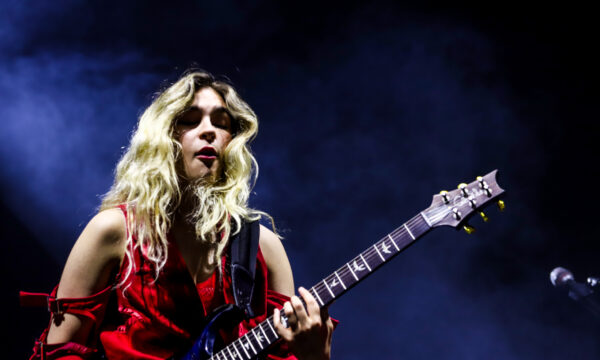
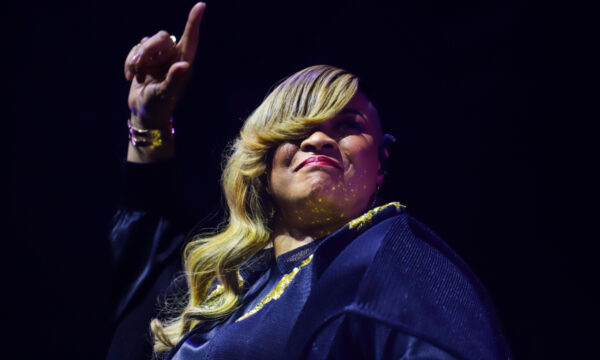
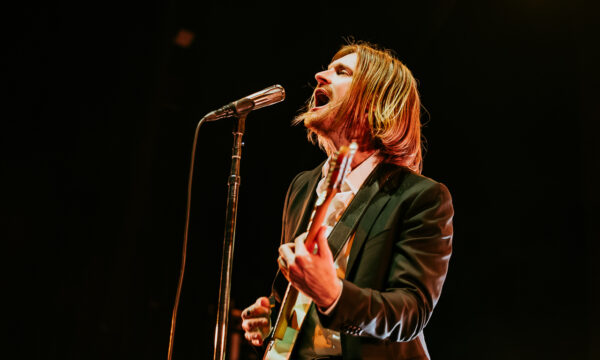
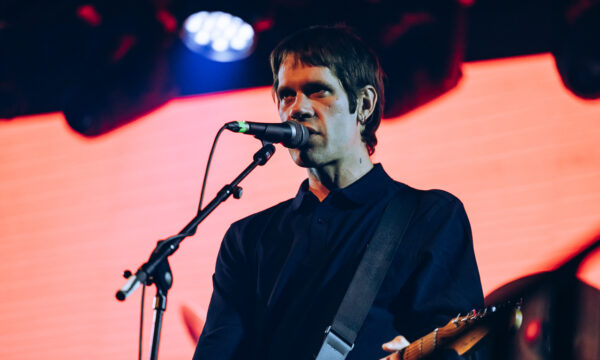
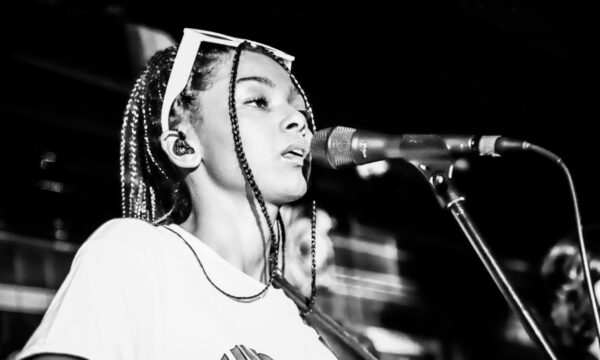
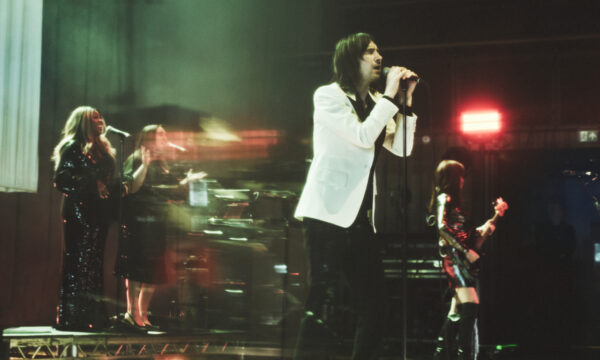
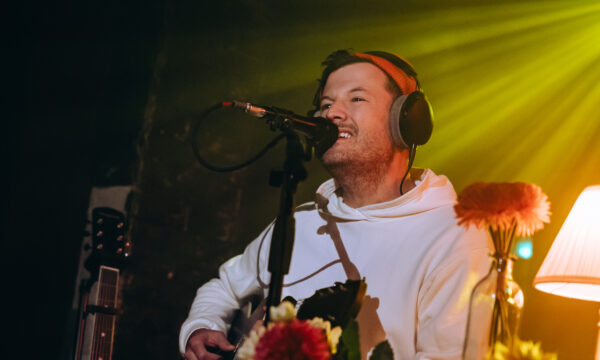
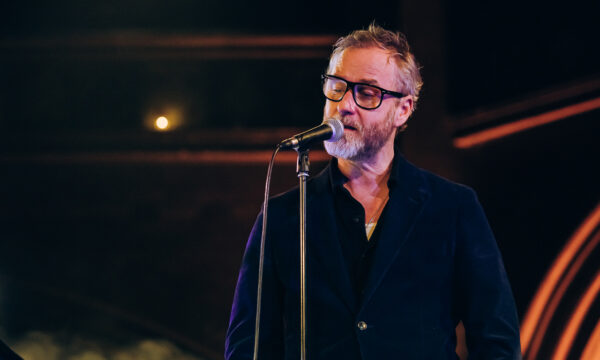
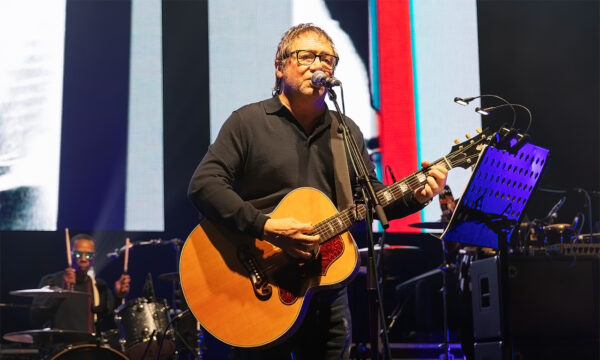













Facebook
Twitter
Instagram
YouTube
RSS